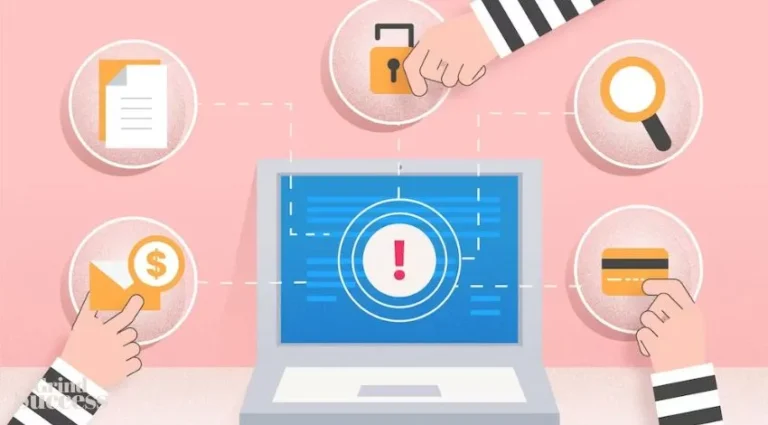Cisco Security Certifications and the Growing Threat of Cybersecurity Attacks

As the world becomes increasingly reliant on technology, the threat of cyber-attacks continues to grow. In response, many organizations are investing in cybersecurity professionals with the skills and knowledge necessary to protect their systems and data.
Cisco, one of the world’s leading providers of networking and IT infrastructure solutions, offers a range of security certifications designed to help professionals stay ahead of these threats. Learn more about CCNP Security here.
Furthermore, obtaining a Cisco security certification not only demonstrates your proficiency in the field of cybersecurity but also validates your commitment to continuous learning and professional development.
Cisco’s certification program requires ongoing education and recertification to ensure that certified professionals stay up-to-date with the latest threats and best practices in cybersecurity.
This ensures that certified professionals remain competent and knowledgeable and are equipped to handle the latest security challenges.
In this article, we’ll take a closer look at Cisco’s security certifications and why they’re more important than ever in today’s cybersecurity landscape.
Cisco Security Certifications
Cisco offers a range of security certifications at various levels of expertise, from entry-level to expert. Some of the most popular certifications include:
Why Cisco Security Certifications Are Important
Conclusion
In today’s digital age, cybersecurity is more important than ever. With the growing threat of cyber attacks, organizations need professionals with the knowledge and skills to protect their systems and data.
Cisco security certifications are a recognized standard of excellence in the field of cybersecurity and can help individuals stand out in a competitive job market.
Whether you’re just starting your career in cybersecurity or are an experienced professional looking to advance your skills, a Cisco security certification can help you achieve your goals and stay ahead of the ever-evolving threat landscape.






